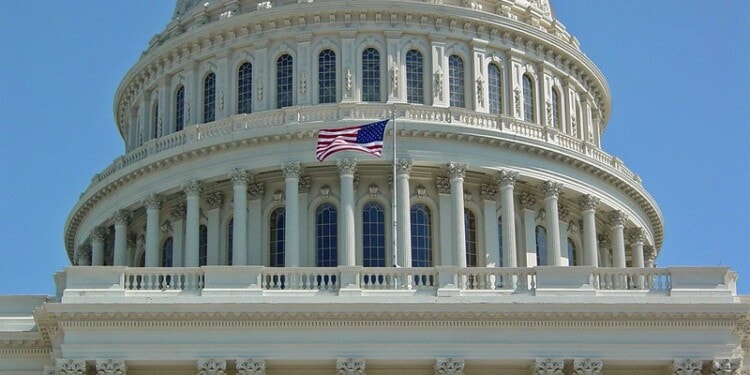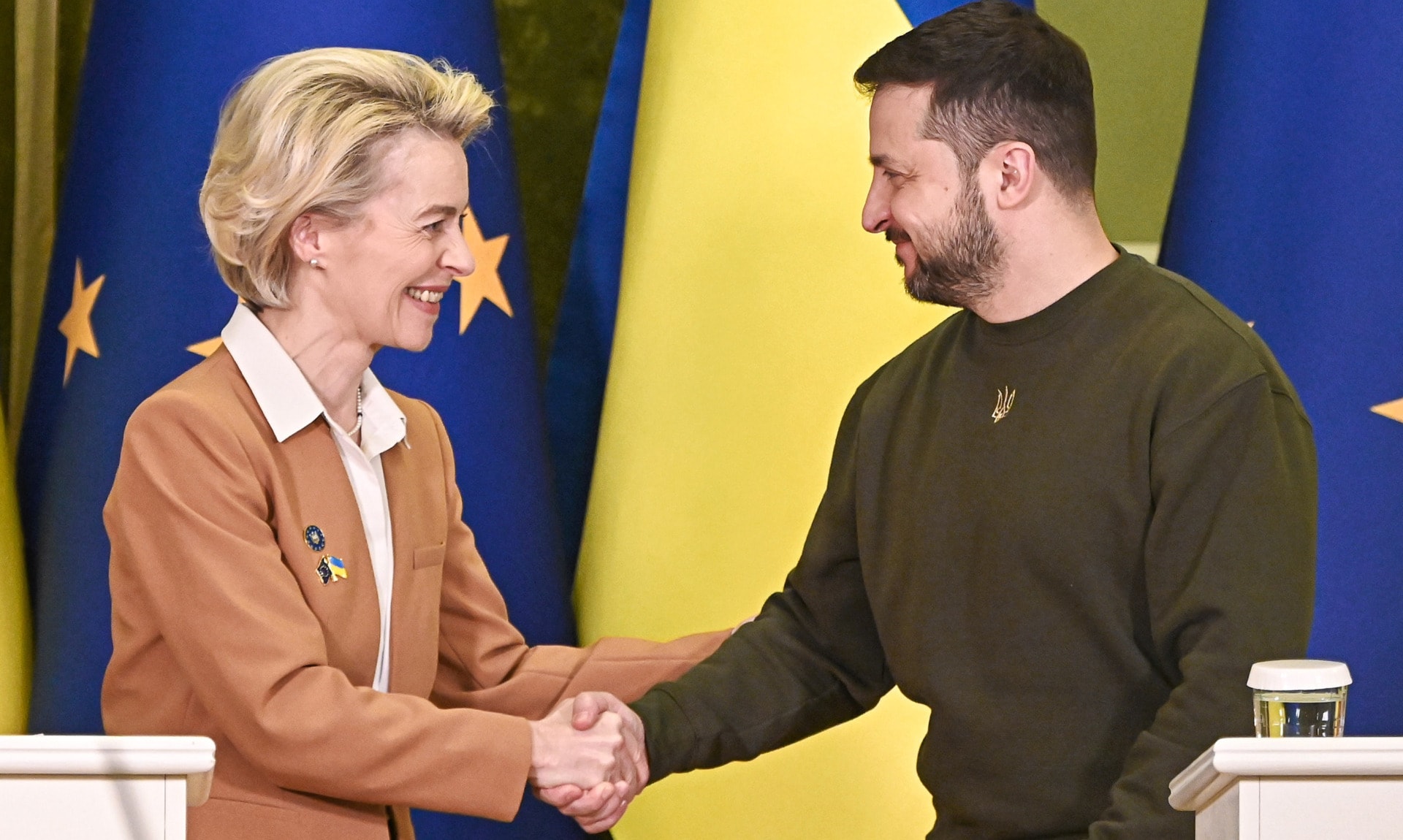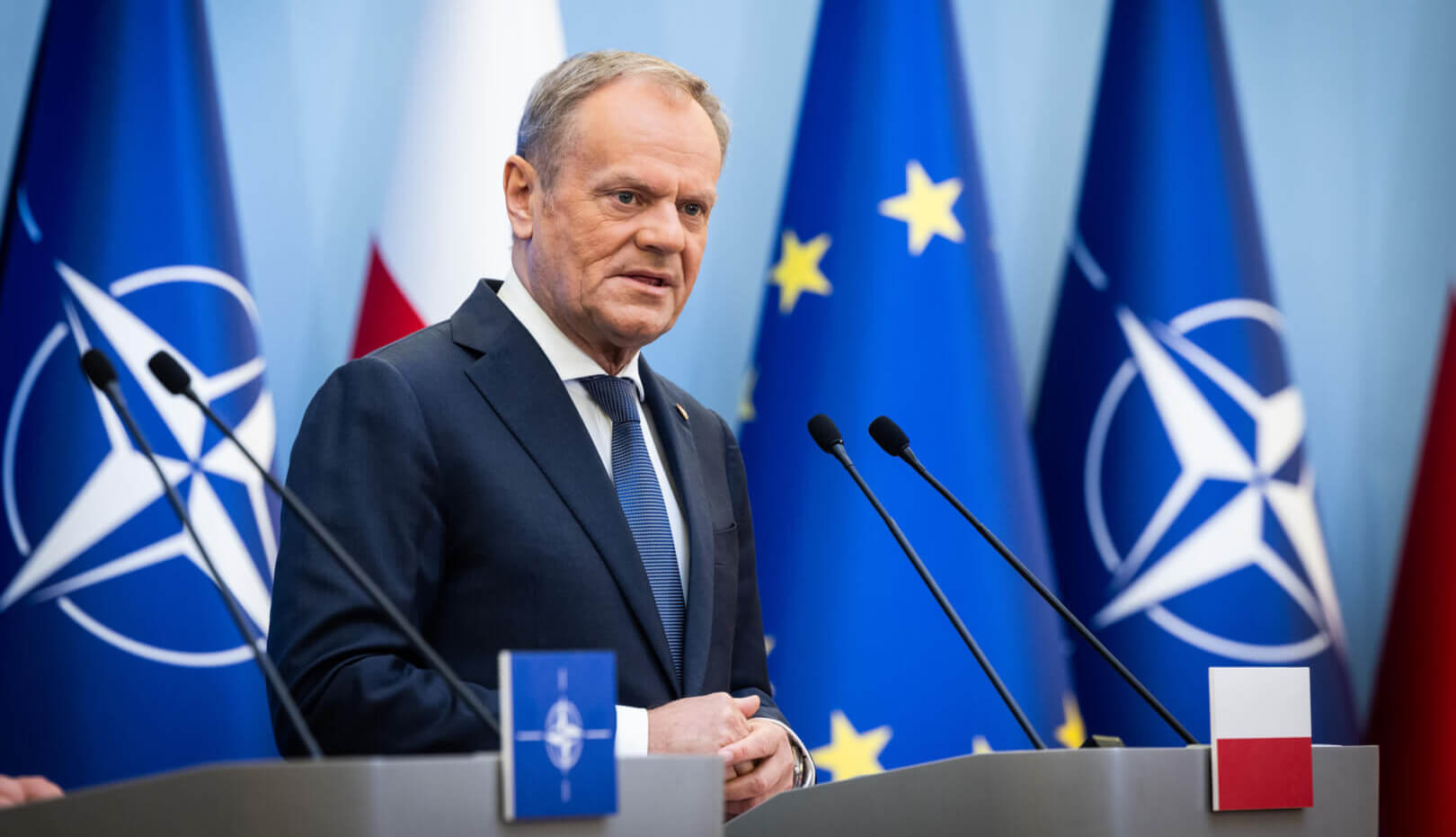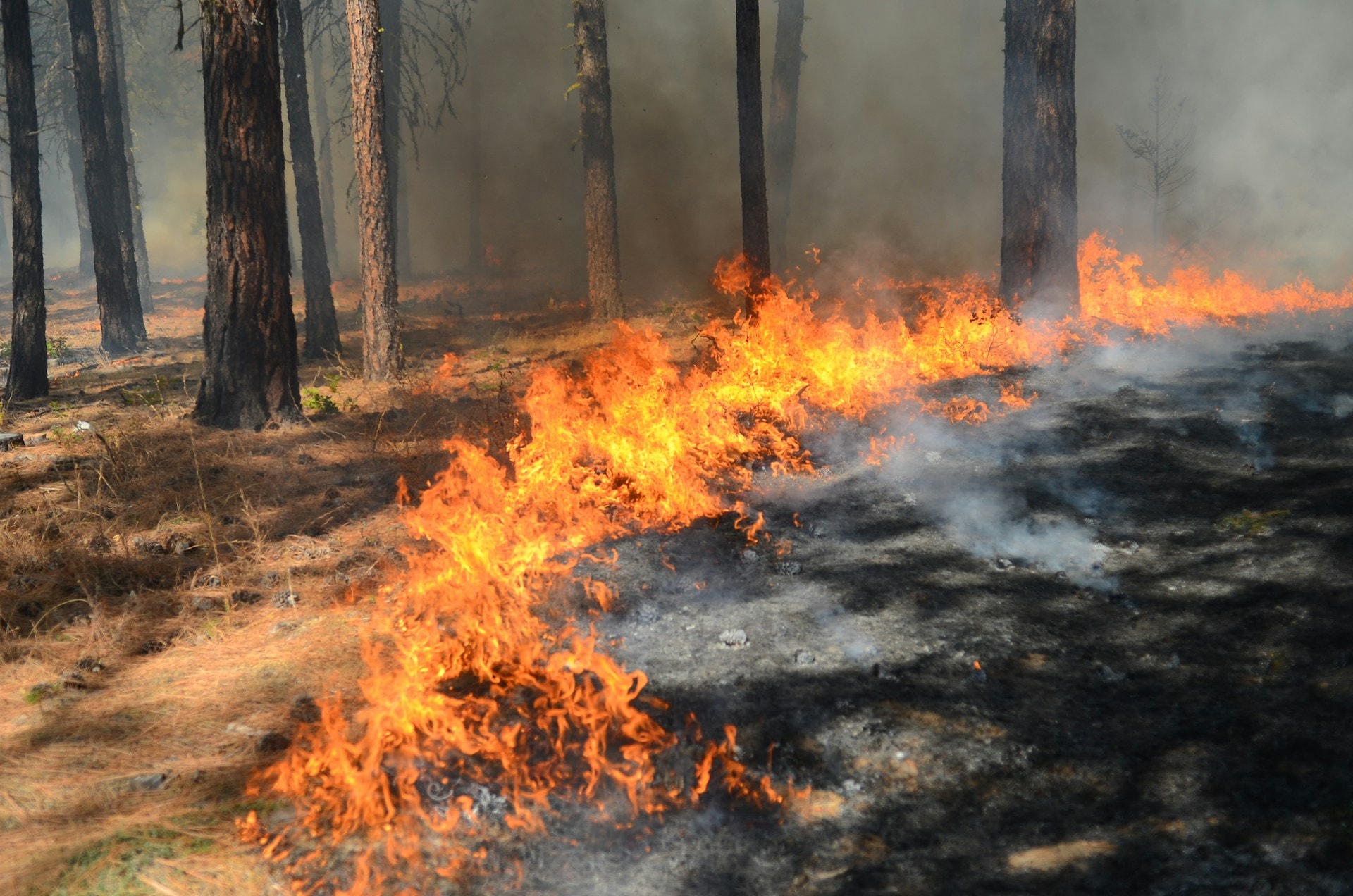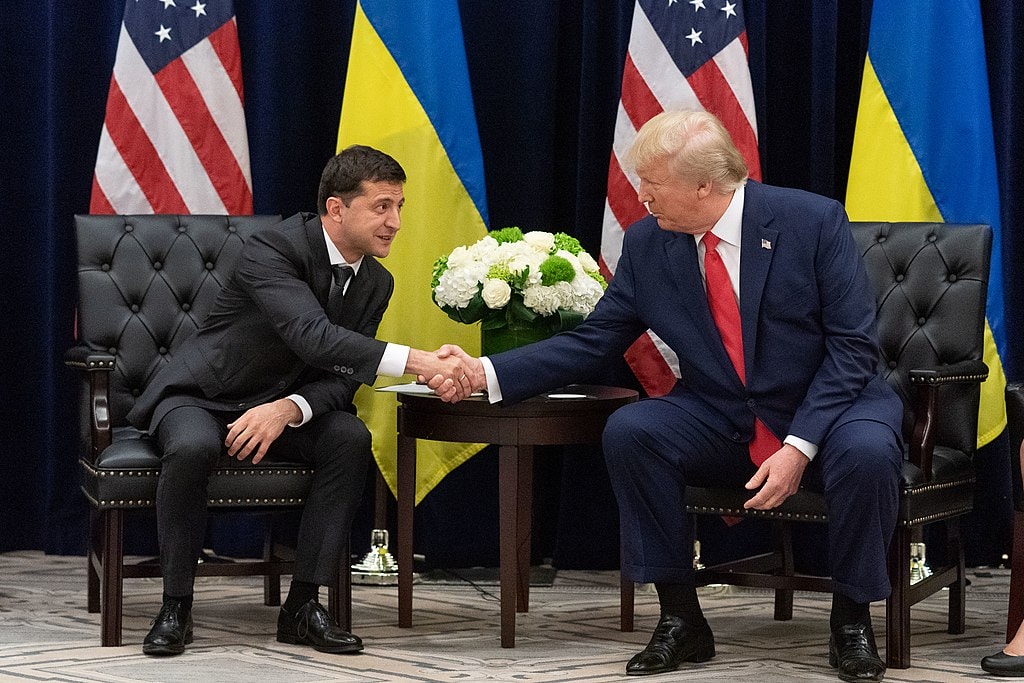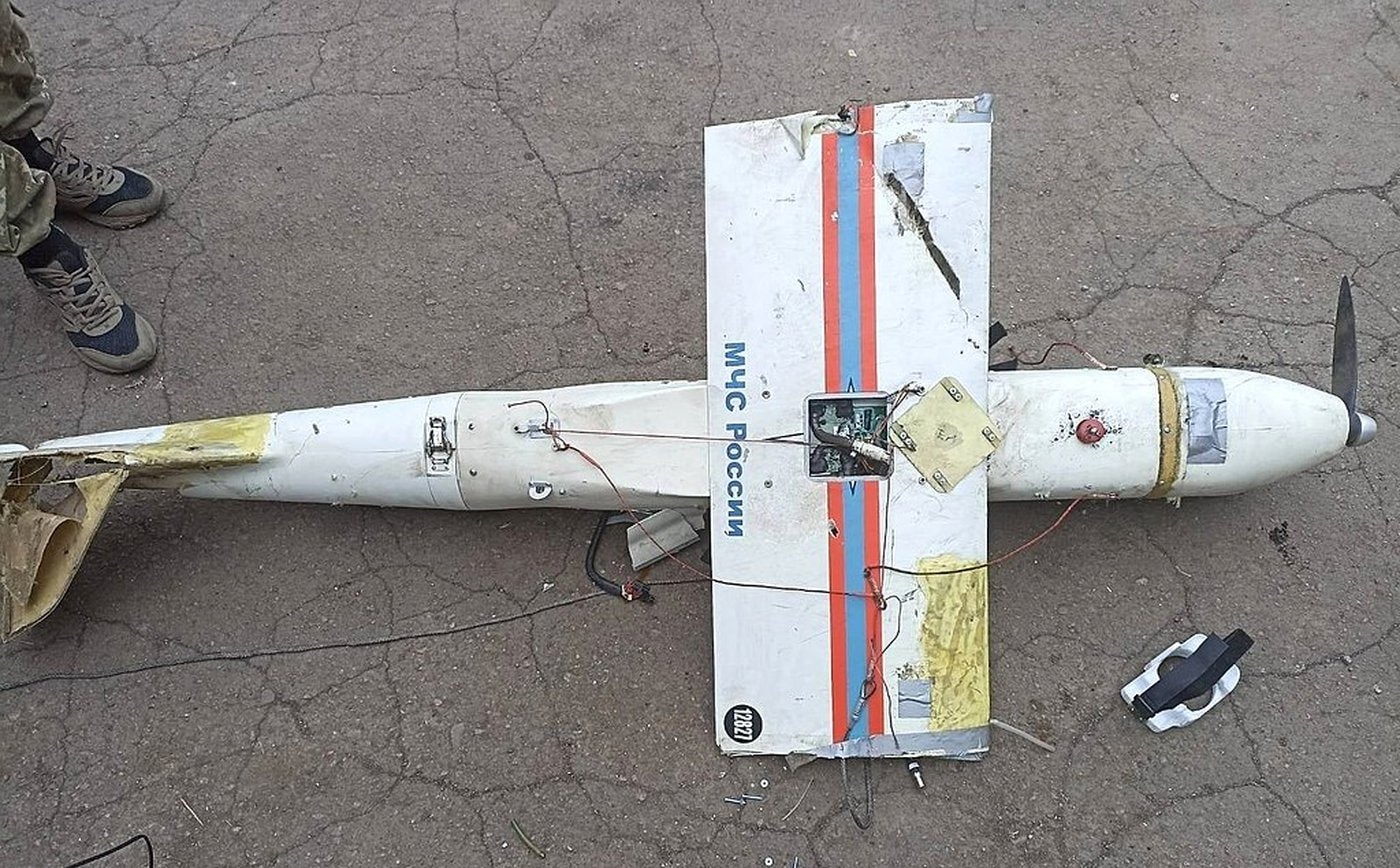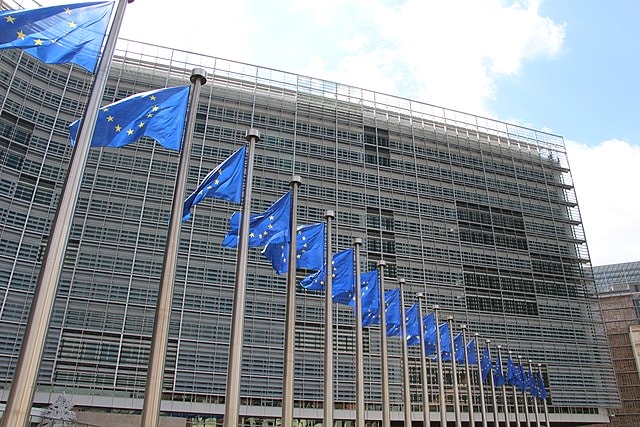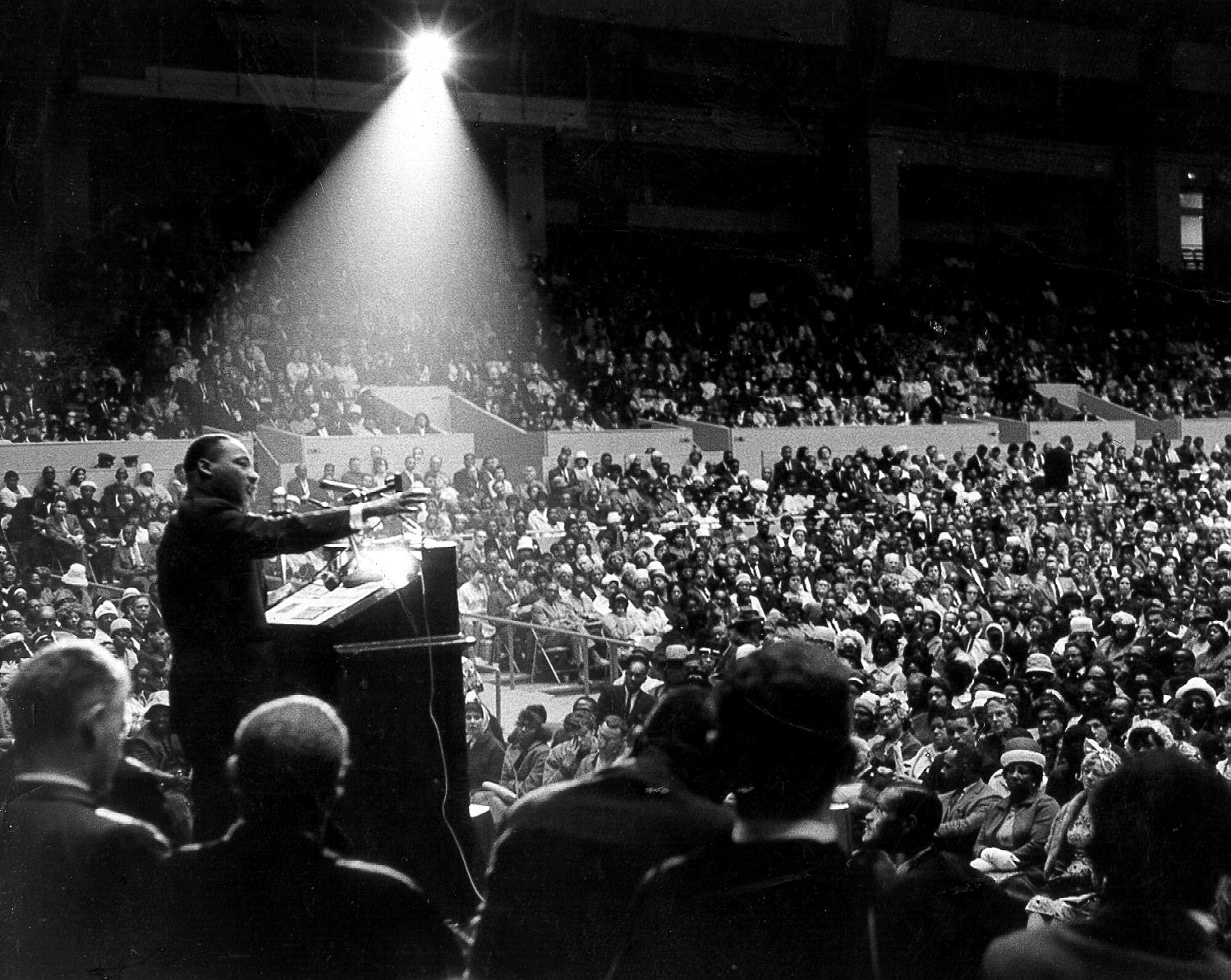As the Russian invasion extended past its third week, Ukrainian President Volodymyr Zelensky delivered an emotionally charged address to the US Congress on Wednesday, invoking Martin Luther King and paralleling the crisis in his nation to the epoch-changing events of 9/11 and Pearl Harbour as he pleaded for more help from across the Atlantic.
In a virtual speech delivered to both chambers of the US Congress, Zelensky called for increased military support and the institution of a no-fly zone over Ukraine, appeals that were underpinned by a video demonstration of the harrowing destruction being carried out by the Russian military.
Countering the hesitancy amongst western nations to declare the no-fly zone over Ukraine through fears of escalating the conflict, Zelensky utilised King’s famous ‘I have a dream’ speech in his plea to the United States: “I have a dream, these words are known to each of you – today I can say I have a need. I need to protect the sky.”
Zelensky to Congress: “Remember Pearl Harbor…Remember September 11th…Our country experiences this every day, right now, at this moment, every night for three weeks now.” pic.twitter.com/KrZOrlqIjB
— Axios (@axios) March 16, 2022
Zelensky’s remarks were met with a standing ovation, a show of respect that has become a recurring theme in his appeals to parliaments and lawmakers from around the world since the beginning of the conflict, including those in the UK and Canada.
One of the most remarkable elements of Wednesday’s address was the comparison of the invasion of Ukraine to past attacks on America, as Zelensky asked his audience to “remember Pearl Harbour, terrible morning of December 7, 1941, when your sky was black from the planes attacking you… just remember it, remember, September the 11th, a terrible day in 2001 when evil tried to turn US cities into battlefields, when innocent people were attacked from air, just like nobody else expected it and you could not stop it.”
“Our country experiences the same, every day, right now at this moment,” added Zelensky.
Related Articles: UN Court of Justice Demands Russian Withdrawal From Ukraine | Ukraine: America’s Disjointed Reaction | Ukraine: What Is Biden Thinking? | Breyer’s Retirement: Why It Is Important, And Why It Isn’t | Voting Rights in America: Where Are We Now? | A Year On From January 6, 2021 | U.S Politics: The Virginia Litmus Test | Biden’s Make-Or-Break Moment
The Ukrainian President’s impassioned speech has been widely praised by the Congressmembers, who seemingly have backed Zelensky’s request for more assistance whilst maintaining President Biden’s insistence that a no-fly zone is untenable.
“You can’t leave the speech without thinking to yourself, what more can we do? And I think that will be the question a lot of members are asking,” said Senator Chris Murphy – according to The Hill.
“I don’t think the American people have an appetite for a shooting war, but that doesn’t mean that we’re limited to what we’re doing now,” echoed Michigan Congressman Dan Kildee, also in reporting by The Hill; “we have to be smart about it, obviously. But Putin’s got to be stopped.”
On Tuesday, the day before Zelensky’s speech, President Biden signed a substantial spending bill to fund the US government through the 2022 fiscal year that includes $13.6 billion in new funding for Ukraine.
The passage of the spending bill was enabled by a rare moment of bipartisanship in a 68-31 vote in the Senate last week, although the omnibus legislation comes after three ‘stopgap’ bills were needed to merely keep the US government running over the last several months.
The near $14 billion spending package includes additional humanitarian, economic, and military support to Ukraine – assistance that the president said shows America is “moving urgently to further augment the support to the brave people of Ukraine as they defend their country.”
Then, following Zelensky’s speech on Wednesday, Biden announced that this updated funding bill will provide over $800 million in ‘security assistance’ to the embattled nation. The American president notably labelled Vladimir Putin a “war criminal” for the first time, with this funding including the provision of US-made armed drones; 800 anti-aircraft systems; 9,000 anti-armoured vehicle and tank systems; 7,000 small-arms such as machine guns; and approximately 20 million rounds of ammunition.
I’m once again using my presidential authority to activate emergency security assistance to continue helping Ukraine fend off Russia’s assault.
An additional $800 million.
That brings the total in new U.S. security assistance to Ukraine to $1 billion just this week.
— President Biden (@POTUS) March 16, 2022
However, whilst Zelensky’s address to Congress on Wednesday was widely applauded, it is impossible to ignore that his speech was delivered to a nation that is understandably reluctant to risk escalating the crisis in Eastern Europe into a global war. This was demonstrated last week, when Biden’s administration rejected a request from Poland to transfer fighter jets to Ukraine via the United States’ air base in Germany due to fears that the Russians may interpret this as increased, direct involvement in the conflict.
A cautious stance from Biden’s administration was reiterated on Tuesday, the day before Zelensky repeated his urging for a no-fly zone to Congress, when White House Press Secretary Jen Psaki told reporters that the president “has to look at decisions that are made through the prism of what is in our national security interests and global security interests, and he continues to believe that a no-fly zone would be escalatory, could prompt a war with Russia.”
.@PressSec Jen Psaki says President Biden: “continues to believe that a no fly zone would be escalatory. Could prompt a war with Russia.” pic.twitter.com/p72SWwj7zI
— CSPAN (@cspan) March 15, 2022
President Biden is entering a pivotal moment in his presidency – the 2022 midterms. Whilst it may seem trivial to compare the importance of November’s elections to the crisis in Ukraine, the domestic power struggle over the coming year may still play an important role in Biden’s decision making.
Biden’s Republican opposition looks set for a successful takeover of Washington in the midterms, and while this is by no means set in stone, it is fair to say that a turnaround in both fortune and public perception is needed by Biden and his Democratic colleagues.
A recent Pew Research Center poll found that Americans are unsurprisingly divided over Biden’s handling of the situation in Ukraine (47% approve to 39% disapprove), mirroring the unsettled approval ratings that have undercut his first year in power. However, his decision to increase aid to Ukraine comes off the back of just 7% feeling America is providing too much support in the conflict, with 42% saying the US should be doing more.
This same poll also found that 51% of Republicans and Republican-leaning independents, and 50% of Democrats and Democratic-leaning independents, regard the Russian invasion of Ukraine as a “major threat” to U.S. interests; on this point at least, Republicans and Democrats appear in agreement.
Following the calamitous withdrawal from Afghanistan last summer and the damage it did to his image and poll numbers, Biden will be walking a tightrope with his decision making in Ukraine. Whilst assisting Ukraine and mitigating the humanitarian disaster in Eastern Europe is more than required from the commander-in-chief of the world’s most powerful military, Biden will be careful not to endanger, or appear to endanger, Americans in the process.
Biden admitted last week during remarks to Democratic National Committee members that if Republicans recapture control of Washington in November he and his Democratic colleagues would be in for “a sad two years.” For a president already facing criticisms over a lack of clear progress under Democratic majorities in Congress alongside a stumbling image internationally, seeing out the rest of his first term with potent Republican opposition in Congress could doom his legacy.
If Biden is to save both his presidency as well as the Democratic Party’s chances at the end of the year, he will be praying for the swift end to the invasion of Ukraine and the ability to present an image that Zelensky urged of him: “being the leader of the world means to be the leader of peace.”
Editor’s Note: The opinions expressed here by Impakter.com columnists are their own, not those of Impakter.com. — In the Featured Photo: US Congress, Washington DC. Featured Photo Credit: Ben Schumin


